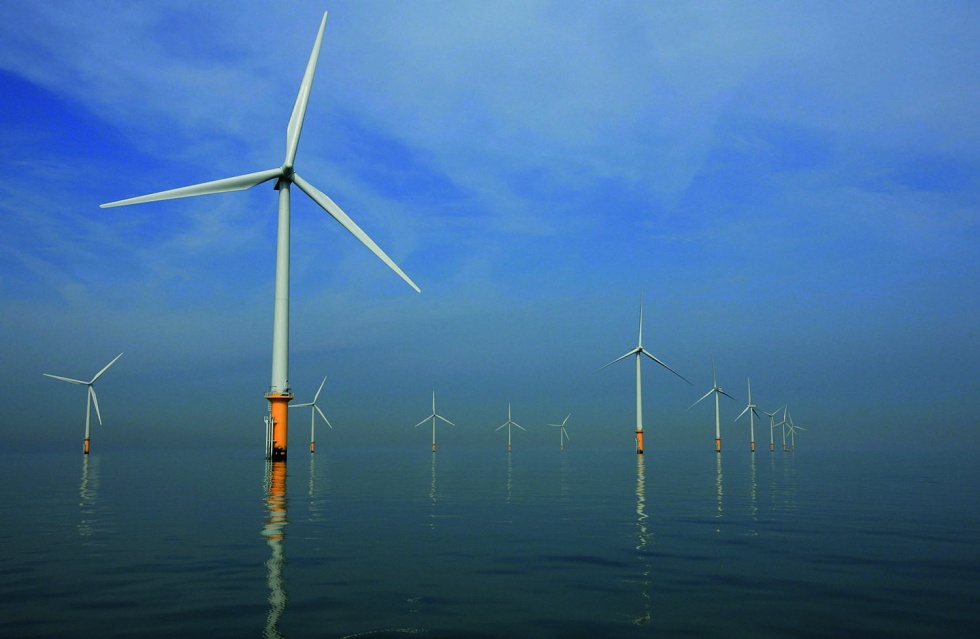
Offshore wind farms and the undersea cables used to transfer power to the shore could be monitored remotely using robotic and autonomous vehicles, as part of a UK-wide research effort.
The £4m, EPSRC-funded project is aiming to improve the way in which wind farms are maintained and managed, according to Dr David Flynn, director of the Smart Systems Group (SSG) at Heriot-Watt University, and a member of the research consortium.
Despite being a 50 year-old technology, there is still no industry and academia-wide consensus on how best to monitor and maintain wind farms, said Flynn.
“On an offshore wind farm, you can have around 10 to 20 false alarms each minute,” he said. “So to give us access to the right information, and to put us ahead of the curve in terms of the lifecycle of these assets, we have developed novel sensing technologies to inspect these systems in the field.”
One such technology, which will be developed by Flynn and colleagues at Heriot-Watt, is a dolphin-inspired low-frequency sonar, to be installed on an autonomous vehicle to inspect undersea cables.
The device will travel to spots of interest on the cable, such as those known to be areas of particular vulnerability. It will then emit pulses of sound to generate an image of the inside of the cable. “From that we will be able to understand its condition, and importantly its remaining useful life,” said Flynn.
Subsea cables are extremely expensive, costing the industry millions in offshore insurance claims alone.
“We will impede this green industrial revolution if we cannot get resilience and sustainability into the system,” said Flynn. “Investment into offshore wind, as well as wave and tidal, will stop if it cannot become a guaranteed, secure source of generation,” he said.
Other projects being undertaken as part of the consortium include the use of drones to inspect offshore substations, and efforts to address concerns relating to the power electronics and drivetrains within offshore wind turbines, said Flynn.
The HOME-Offshore consortium (The Holistic Operation and Maintenance for Energy from Offshore Wind Farms), which is being led by Manchester University, also includes researchers from Warwick, Cranfield, and Durham University. The £4m research grant includes £1m from industrial partners including Siemens Wind, DONG and GE Energy Solutions.

 Industry News
Industry News